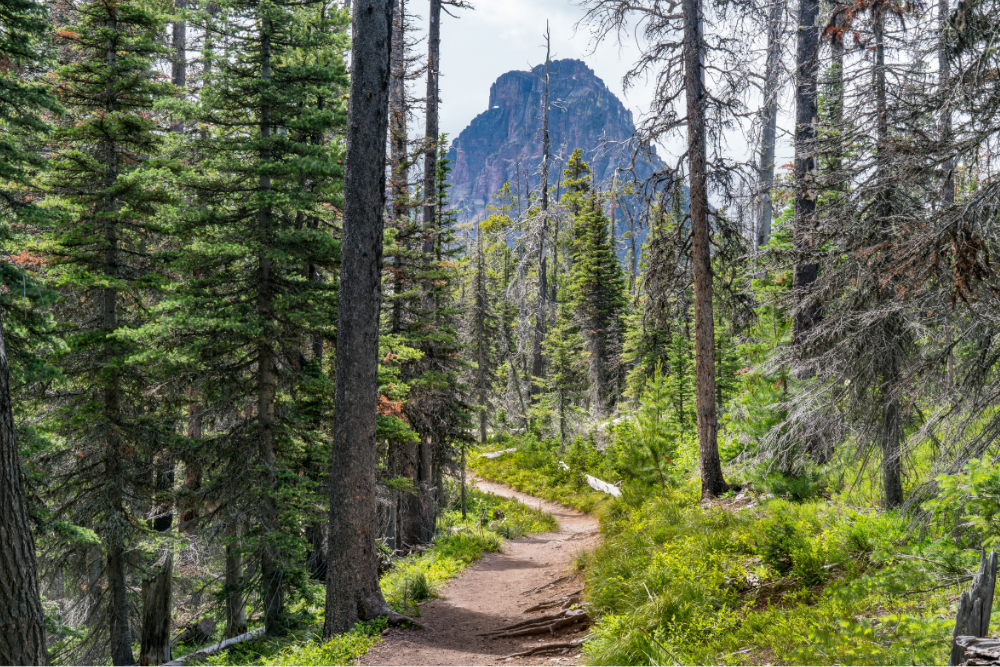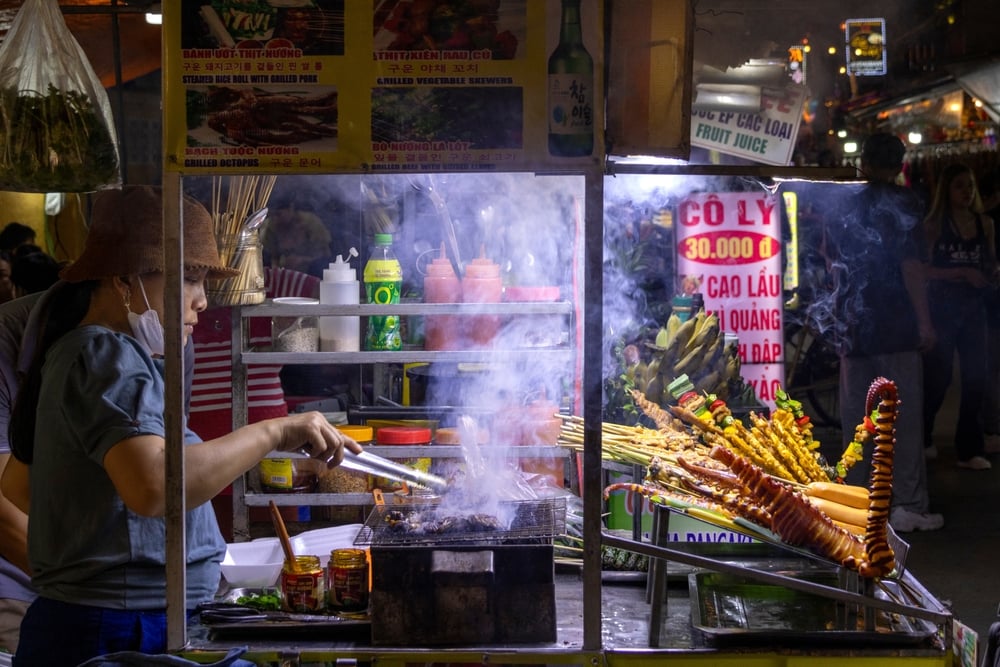Prepare for unexpected events and challenges that can arise during your travels abroad.

Traveling opens doors to exciting experiences but can also present unexpected challenges that unsettle even seasoned explorers. From sudden weather shifts and lost belongings to language barriers and health issues, knowing how to prepare and respond effectively is key to staying safe and calm. This guide highlights common scary travel situations and offers practical tips to help you navigate them with confidence and ease.
1. Navigating foreign customs that feel unfamiliar and intimidating at first.

Foreign customs can be bewildering when stepping into unfamiliar cultural landscapes. A gesture as simple as a handshake can have deeply different connotations, possibly leading to embarrassment if misunderstood. Observing locals, especially in vibrant marketplaces, helps internalize social norms subtly and over time.
In Rome, an attempt to hail a taxi with a loud whistle might draw irritated glances instead of a ride, for example. Such nuances enrich the travel experience but underscore the importance of patience and adaptability, as shared by Adventure to Every Country. Overcoming initial discomfort often reveals deeper connections with the local culture.
2. Facing unexpected language barriers in places without common translations.

Language barriers can surprise even the most seasoned travelers. In small villages, where English signs are rare and phrasebooks seem inadequate, communication becomes a puzzle. Body language turns into a crucial tool, with hand gestures painting vivid pictures to bridge gaps.
In markets bustling with activity, the quest to buy fresh ingredients without shared language forms unique challenges. These moments foster creativity and become memorable stories told long after the journey ends, as stated by Boundless Roads. They remind travelers of the rich diversity in human interaction that transcends words.
3. Experiencing sudden weather changes that disrupt carefully planned itineraries.

Sudden weather changes can swiftly derail the best-laid travel plans. Snowstorms can blanket roads, trapping adventurers who planned on clear skies and mountain vistas. Extra layers in the backpack warm unsuspecting travelers despite unexpected chills.
Monsoon downpours on Southeast Asian treks turn dry paths into mud-filled challenges, forcing alternate routes or slow, careful progress. Such disruptions punctuate the journey with unplanned detours, BuzzFeed reports. They invite spontaneous exploration and learning to adapt. Weather’s unpredictability invites resilience and creativity while revealing the earth’s powerful beauty.
4. Dealing with delayed or canceled transportation in unfamiliar locations.

Transportation delays can fray the nerves as travelers bounce from one unexpected hiccup to another. Trains delayed in bustling stations create hours of uncertainty, leaving time to explore nearby cafes or hidden bookshops.
In airports, flight cancellations trickle through screens, spurring impromptu plans and dormant flexibility. These disruptions often reveal a town’s hidden gems overlooked in hurried itineraries. The human propensity for adaptation shines in these scenarios, encouraging a slower pace and fostering a deeper appreciation for the journey.
5. Encountering crowded tourist hotspots that overwhelm senses and patience.

Crowded tourist hotspots can overwhelm with their vibrant chaos. The thrum of chatter blends with camera clicks along popular landmarks, electrifying the atmosphere with urgency. Long queues morph into opportunities for unexpected conversations with fellow travelers.
On the bustling paths of places like Marrakech’s souks, labyrinthine alleys test both patience and navigational skills. These bustling locations become theaters of cultural play, blending individuals from every corner of the globe. Freedom lies in stepping back, savoring the whirl around, and spotting quiet corners.
6. Managing lost or stolen belongings far from home comforts.

Lost belongings create an unsettling sensation far from familiar comforts. When a forgotten backpack extends a foreign excursion, travelers often rely on camaraderie with their co-explorers or kind locals for help. Hotels or hostels become headquarters for recovery missions.
In unfamiliar Tokyo subways, mistyped route maps lead to forgotten luggage once new destinations are reached. Resources like smart phones offer digital solace through route mapping and multilingual apps. Such small crises shift focus to self-reliance and ingenuity, becoming tales of triumph upon return.
7. Adapting to local food that may challenge dietary preferences or tolerance.

Local food can present both a culinary adventure and a digestive challenge. The vibrant spices of street foods in Bangkok invite both bold flavors and unexpected reactions. Sampling the local diet soon becomes a delicate balance of exploration and caution.
Adventures often start with scents from bustling night markets or local family-run eateries. Dietary preferences adjust, sometimes giving way to discoveries that expand palette boundaries. Such trials embody not merely personal taste but cultural immersion, guiding travelers through shared meals and unexpected flavors within.
8. Navigating night travel in areas with limited lighting and signage.

Traveling at night can feel daunting when familiar streetlights seem few and far between. Dim alleyways require heightened attention on quieter strolls, where small sounds echo louder in the ambient darkness. Familiar items, like flashlight apps, transform into crucial guides.
In rural areas, train platforms shelter few fellow passengers as local trains trundle quietly past. These nighttime experiences foster heightened awareness of surroundings, encouraging cautious movement and careful listening. Eventually, they reward with the stars’ quiet company, a unique view often overlooked during daylight.
9. Experiencing hiccups with accommodation bookings or unexpected changes.

Accommodation hiccups can surprise even seasoned travelers. A charming lodge found online may somehow transform into an impersonal chain due to overbooking. These hiccups require immediate ingenuity and adaptative planning.
On reaching destinations, tired wanderers may find booked hosts unreachable, forcing quick decisions. Hospitality apps or walk-in inquiries allow for sudden, surprising solutions. Disrupted plans transform into new experiences, fostering flexibility and teaching alternatives in accommodation hustles while traveling.
10. Feeling isolated or lonely while exploring remote or less-traveled destinations.

Isolation can subtly encroach upon explorers deep in remote or less-frequented destinations. Vast landscapes open wide spaces, with expansive deserts imparting an untapped freedom. Such solitude sparks reflection and introspection, a meditative escape beyond crowded cities.
In small mountain retreats, absence of familiar voices leads to richer experiences of quietness and nature’s dialogue. Camaraderie grows with locals and fellow adventurers, as shared stories connect lives briefly. These solitary periods can cradle creativity, igniting a deeper appreciation for both journey and traveler.
11. Facing sudden health discomforts away from usual healthcare support.

Health discomforts abroad add unexpected layers to travel adventures. Changes in climate or altitude might trigger physical reactions, accompanied by the sudden need for unfamiliar health support. A small first-aid kit quietly becomes the traveler’s best friend in such instances.
Seeking remedies for sunburns after beach days or acclimating to higher altitudes exemplifies these challenges. Foreign pharmacies or clinics give insight into regional approaches to well-being. Such experiences highlight travel’s unpredictability, underscoring the value of preparedness and adaptability in health management.
